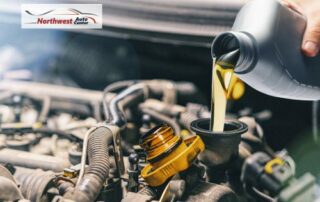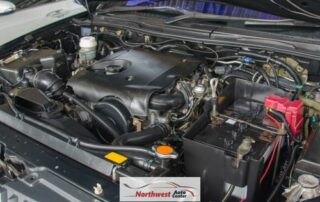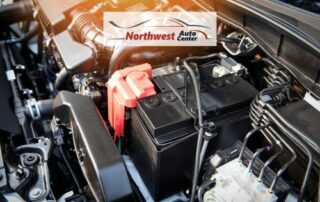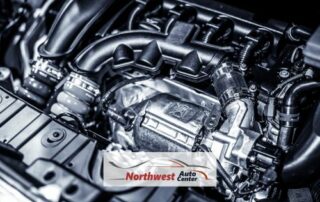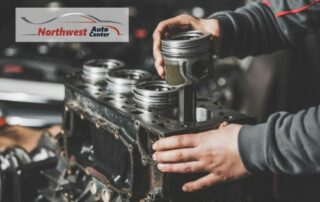Car Engine Oil: Types and Grades
Car engine oil is ESSENTIAL for driving your vehicle. Often hailed as the lifeblood of a vehicle, engine oil plays a pivotal role in ensuring smooth operation, longevity, and performance. However, the sheer variety of car engine oils available on the market can bewilder even the most seasoned drivers. To demystify this essential automotive fluid, let's embark let's break down the various engine oil types and oil grades. Understanding Car Engine Oil Engine oil lubricates the various moving parts within the engine, reducing friction and heat generation. Moreover, it serves as a cleaning agent, removing contaminants and debris, and helps in maintaining engine cleanliness. If that isn't enough, oil also aids in sealing gaps between components, preventing leakage and ensuring efficient performance. All that to say — it's important. Types of Car Engine Oil Car engine oils come in different formulations, tailored to meet the diverse needs of modern vehicles. Here are some common types: Conventional Oil Also known as mineral oil, conventional oil is derived from crude oil through a refining [...]

